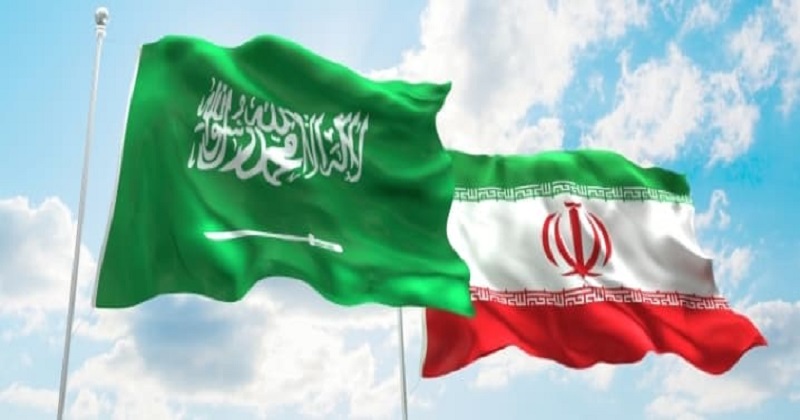
Senior Saudi and Iranian officials held direct talks this month in a bid to ease tensions between the two countries, four years after cutting off diplomatic ties, the Financial Times reported on Sunday.
On April 9, in Baghdad, the first round of talks took place, included discussions about attacks on Saudi Arabia by Yemen’s Iran-backed Houthi group, and was positive, the FT reported, citing officials briefed on the discussions.
The report also mentioned that a senior Saudi official, however, denying that any talks had taken place.
The two regional opponents severed ties in 2016 over Riyadh’s killing of Shi’ite Muslim cleric, Sheikh Nimr al-Nimr, an outspoken foe of the ruling Al Saudi family.
Meetings amid new nuclear talks
The discussions took place as Washington and Tehran try to restore a 2015 nuclear accord, which Riyadh has opposed to.
The US is also pushing for an end to the continuing struggle in Yemen, which is seen in the country as a proxy war between Saudi Arabia and Iran.
Riyadh has requested for a nuclear pact with stronger parameters and has said that Gulf Arab states should join any discussions on the agreement to assure that it addresses Tehran’s missile program and its support for regional proxies.
Earlier US President Donald Trump abandoned the nuclear agreement and reimposed sanctions on Iran in 2018 — a move that Saudi Arabia and its allies supported.
Iran acknowledged the sanctions by breaching several constraints on its nuclear activities.
The nuclear agreement’s remaining signatories — Iran, the EU, Germany, France, the UK, Russia and China — have been holding talks in Vienna to pave the way for the US to rejoin.
Iranian President Hassan Rouhani has also earlier indicated that he wants to cool resentments with Arab rivals.
Iran announces progress on uranium
On Friday, Iran stated that it had started contributing uranium up to 60% purity, in the latest move to boost its nuclear capabilities.
The claimed enhancement level is now at its highest level and follows a revolution incident at Iran’s Natanz nuclear plant the week prior.
Although 60% improvement of uranium is a record high for Iran, it is still below the 90% threshold required for nuclear weapons.
The declaration marked a significant increase in tensions in the Middle East and throws doubt over the chances of finding a middle ground on the nuclear deal.
The change in improvement was both an effort to persuade other countries to come to the negotiating table and discuss its nuclear program, as well as an acknowledgement to the act of sabotage at Natanz, which Iran accuses on Israel.

Post Your Comments